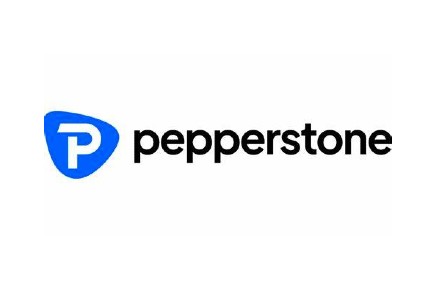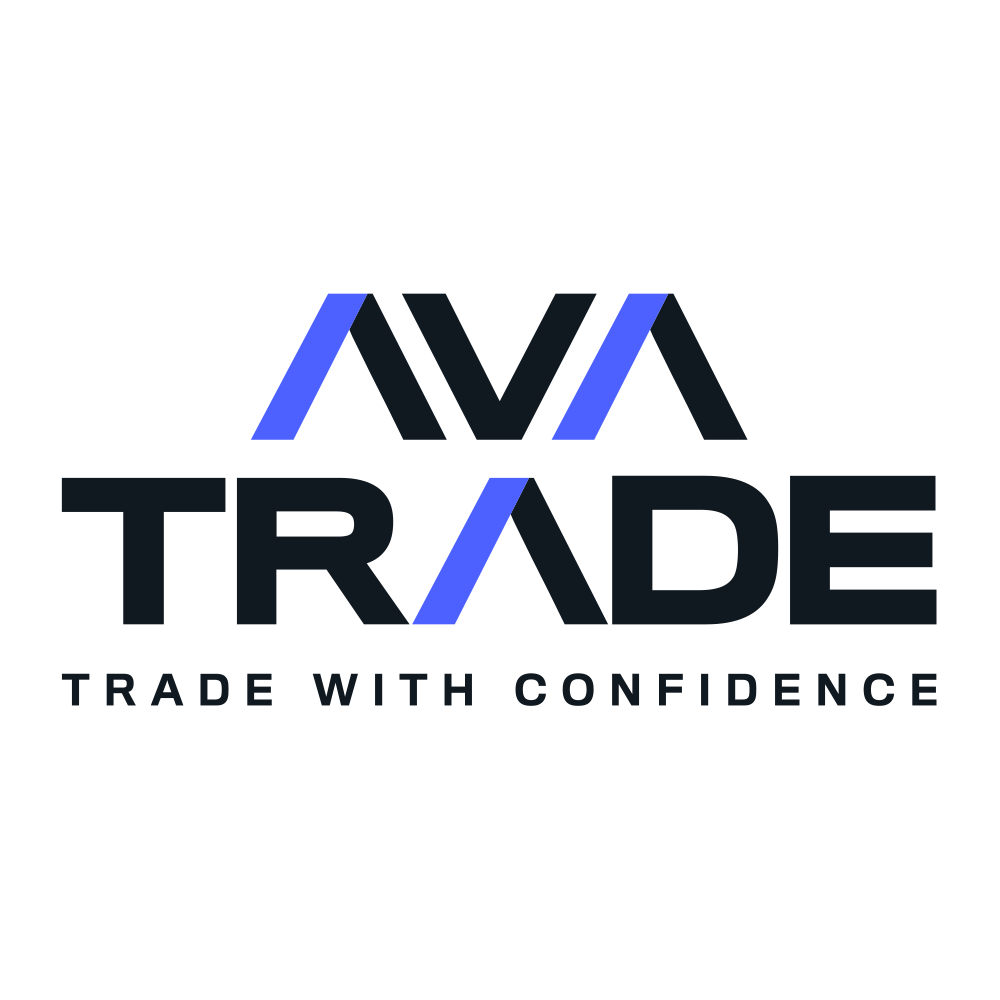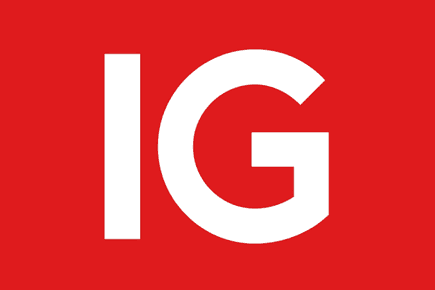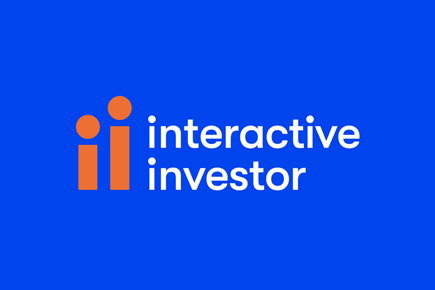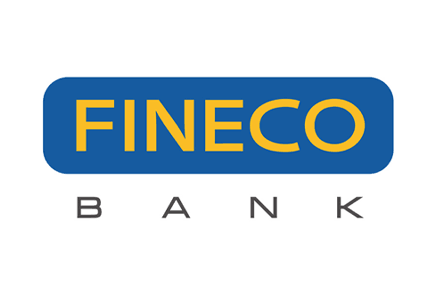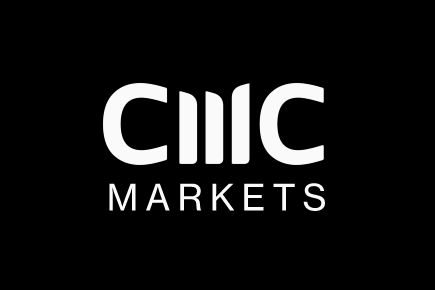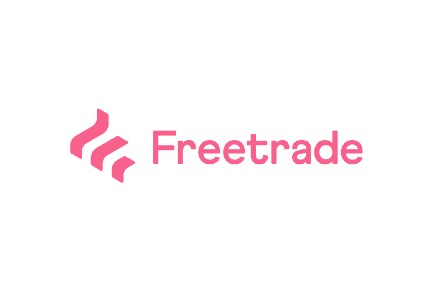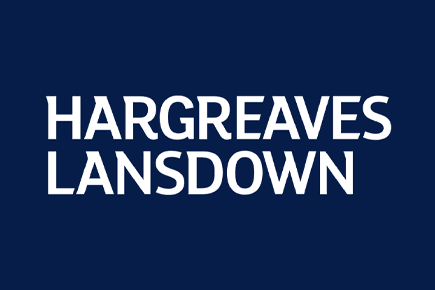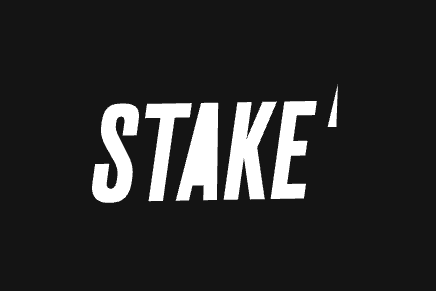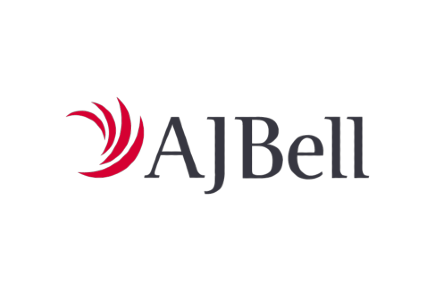In short: The best day trading platforms are Plus500, Pepperstone, AvaTrade and IG, to name a few. You will find more detailed reviews below on what makes a good day trading platform and what to look out for.
Using day trading platforms is a popular investment and trading strategy for many individuals in the UK. While it may sound like a simple strategy, day trading can actually be highly complex.
That’s why most professional traders have often spent many years perfecting their day trading strategy so that they’re able to generate the kind of returns they want.
Also consider: Comparing Forex Brokers for Day Trading
12 of the best UK day trading platforms in June 2025
One of the things I really liked about the Plus500 trading platform was the recent addition of Insights; the Plus500 new analytical tool. It’s free of charge for Plus500 users and provides really useful analysis of millions of trades in real time. This is something I have not come across on other other platforms. Unlike copy trading which allows you to follow the trades of one individual, Insights allows you to identify the highest yielding trades and trader sentiment.
Another strong suit here was the excellent level of customer service on live chat. My experience was always positive and you can expect immediate responses from knowledgeable and helpful staff.
There is no MetaTrader platform available here so loyalists will be disappointed. In addition, education is very limited and there is an inactivity fee should your account lie dormant. However there is a demo account to test drive to hone your day trading skills.
Plus500UK Ltd is authorised and regulated by the Financial Conduct Authority (FRN 509909).
CFDs are complex instruments and come with a high risk of losing money rapidly due to leverage. 80% of retail investor accounts lose money when trading CFDs with this provider. You should consider whether you understand how CFDs work and whether you can afford to take the high risk of losing your money.
When it comes to fees, Pepperstone are leading the way with very tight spreads, no inactivity fees, no account fees, no commission on the standard account, and no minimum deposit. The Raw account here has average spreads of just 0.17 pips on the EUR/USD which is the lowest I have encountered to date from a forex broker.
There are a number of account options and trading platforms available here, making Pepperstone an option for most traders. In addition, customers will find over 1200 trading instruments including forex and CFDs.
Pepperstone have partnered with multiple social trading platforms in order to offer copy trading in an extensive community. Loyalists of the MetaTrader platform will also be happy to find both MetaTrader 4 and MetaTrader 5 available here as well as cTrader and TradingView.
Pepperstone are well known for their excellent customer service and my own experience was no exception. They have an impressive score of 4.7 out of 5 on Trustpilot. The only negative I can find here is that the demo account is only available for 30 days. Their stock trading platforms allow users to engage in share trading with ease.
For the latest Pepperstone products, fees, and platforms available, including stock and share trading, please read my detailed Pepperstone review.
Pepperstone Limited is authorised and regulated by the Financial Conduct Authority (Registration Number 684312).
Spread bets and CFDs are complex instruments and come with a high risk of losing money rapidly due to leverage. 75.3% of retail investor accounts lose money when trading spread bets and CFDs with this provider. You should consider whether you understand how spread bets and CFDs work, and whether you can afford to take the high risk of losing your money.
If you are looking for the right trading platform to suit your experience and prefer to trade forex or CFDs, then I suggest AvaTrade as an excellent option. The range of platforms available here is exceptional with the whole suite of MetaTrader platforms, as well as two proprietary platforms, a mobile app, a social trading platform, and a forex trading platform suited to professional traders.
The thriving community of traders also make AvaTrade an excellent option for copy trading. The AvaSocial mobile app allows you to research, copy, set budgets and limits, and access automated trading.
On the downside, the forex fees here are around average so you won’t save much in the way of costs and this isn’t a suitable platform for anyone looking for real stocks.
CFDs are complex instruments and come with a high risk of losing money rapidly due to leverage. 76% of retail investor accounts lose money when trading CFDs with this provider. You should consider whether you understand how CFDs work and whether you can afford to take the high risk of losing your money.
IG is another highly popular trading platform in the UK and is one of the biggest investment providers globally.
In fact, in my previous guide to the best trading platforms UK, IG came out on top as my pick for the best overall trading platform, due to their range of services.
IG offers a range of investment options, from stocks and shares to bonds, commodities, and more. You can also invest in a tax-efficient way via their Stocks and Shares ISA.
Additionally, regularly trading UK stocks can see your commission brought down to as little as £3. As day trading means consistent trading by definition, you could easily make the most of this lower commission rate when using IG.
Otherwise, share trading fees typically fall between £3 and £8. This is somewhat of a mid-range price compared to other available platforms.
Since starting out in 2007, eToro has grown considerably and now boasts a community of more than 20 million members.
As eToro bills itself as a “social trading community”, that means you can see what other traders are doing on the trading platform.
Therefore, by watching other successful day traders on the platform, you may be able to pick up some day trading tips, or even copy parts of their trading strategies.
However, this doesn’t mean there are no costs when using eToro. There are also currency conversion costs, withdrawal fees, and inactivity fees to be aware of.
eToro (UK) Ltd, is authorised and regulated by the Financial Conduct Authority (FCA) under the license FRN 583263.
{etoroCFDrisk}% of retail investor accounts lose money when trading CFDs with this provider. You should consider whether you can afford to take the high risk of losing your money. Your capital is at risk. Other fees apply. For more information, visit etoro.com/trading/fees
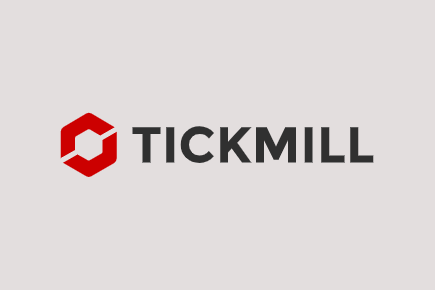
Tickmill is an excellent platform for day trading, and in particular for day trading futures. Day trading futures means you never miss an opportunity due to short selling restrictions that can end up costing you money.
There is no minimum account size for futures, and you can trade as frequently as you like. There are also no short sale restrictions, meaning you can take a short position as easily as a long position.
A short position allows you to take advantage of economic downturns in the market.
Tickmill is also a cost effective platform, especially for professional traders who can access some of the tightest spreads in the industry here.
CFDs are complex instruments and come with a high risk of losing money rapidly due to leverage. 71% of retail investor accounts lose money when trading CFDs with Tickmill UK Ltd. You should consider whether you understand how CFDs or our other products work and whether you can afford to take the high risk of losing your money..
Interactive Investor is a favoured trading platform for stock market trading in the UK by many investors.
With more than 400,000 customers and nearly £55 billion in assets under management, Interactive Investor offers a range of investment accounts.
Crucially for day traders, Interactive Investor charges a flat fee of £9.99 to open an account, including both an ISA and a regular trading account, and your first trade each month has no commission attached.
However, further trades after your first free trade usually cost £5.99 in commission. This fee may severely reduce your day trading profits, especially when making multiple trades each day.
Fineco is an Italian bank offering banking and investment services worldwide.
Alongside access to 26 global markets, including the London Stock Exchange, Fineco offers a wide range of investments, including shares, funds, bonds, and foreign exchange.
Fees on the Fineco trading platform are highly competitive, giving you 50 commission-free trades in your first two months on the platform and then starting from just £2.95 per trade moving forwards.
Fineco also offers a Stocks and Shares ISA. And, if you open your ISA before 31 December 2021, you’ll pay 0% in platform fees until the end of the 2021/22 tax year.
After this, fees are still just 0.25% with no fees for fund dealing or transferring out.
These accounts make Fineco great for day traders, as you can save a fair amount of money on trading fees compared to other platforms.
In my review of CMC Markets, I found several compelling reasons why it is a good platform for day trading. CMC Markets offers access to over 12,000 financial instruments through their proprietary web-based platform, MetaTrader 4, and a mobile app. This wide range of instruments caters to both beginners and experienced traders, with excellent educational and research tools, dedicated sites, rebates, and a free API interface.
The platform’s reputation and security are top-notch, as CMC Markets is listed on the London Stock Exchange and regulated by the UK’s Financial Conduct Authority (FCA), ensuring a safe trading environment.
The trading platforms, including their proprietary ‘Next Generation’ platform, are user-friendly and versatile, and traders have access to a diverse range of assets via CFDs, including forex pairs, commodities, indices, shares, government bonds, and cryptocurrencies.
CMC Markets offers competitive pricing with low spreads, rebate programmes for active traders, and useful tools like negative balance protection and guaranteed stop losses. Their research and educational resources are extensive, with a wide range of technical indicators and charting options.
In terms of safety, CMC Markets prioritises security with two-factor authentication, segregated client funds, and multiple regulatory authorizations. While it has some limitations, like the absence of backtesting capabilities and high CFD spreads on certain indices, overall, CMC Markets is a comprehensive and safe choice for day trading.
Spread bets and CFDs are complex instruments and come with a high risk of losing money rapidly due to leverage. 69% of retail investor accounts lose money when spread betting and/or trading CFDs with this provider. You should consider whether you understand how spread bets and CFDs work and whether you can afford to take the high risk of losing your money.
Freetrade is one of the newest names in the investment platform market, having only started operating in 2018. Even so, in that short amount of time, they’ve managed to establish themselves as a serious choice for many investors, in particular for day traders.
There are no account or commission fees for trading stocks, shares, or exchange-traded funds on Freetrade, nor are there inactivity fees, withdrawal fees, or deposit fees.
Meanwhile, Freetrade’s ISA costs just £3 per month, and they also offer a Freetrade Plus account for £9.99, including the cost of an ISA and 3% interest on cash that you hold in between investments.
These low dealing fees make Freetrade one of the best investments apps for day trading.
And, if you open a new account with Freetrade using my referral link, you’ll receive one free share in a randomly chosen company, with a value between £3 and £200.
With more than £120 billion in assets under management for 1.5 million clients, Hargreaves Lansdown is one of the most well-known trading platforms in the UK.
Hargreaves Lansdown offers comprehensive investment services, from a regular investment account to Stocks and Shares ISAs and self-invested personal pensions (SIPPs).
However, Hargreaves Lansdown may not be ideal for day trading, owing to the fact that commission rates on the platform can be quite steep.
Individual trades can cost as much as £11.95 per month if you don’t trade regularly, and ISA fees depend on how much you have in your account. As day trading relies on small margins, you’re unlikely to be investing £2 million in an ISA and making the most of the 0% annual management charges.
That said, if you make 20 deals or more in a month, you’ll pay just £5.95 for each deal. As a result, the platform can be cost-effective for day trading if you invest regularly.
Australian digital brokerage firm Stake allows UK investors access to the trading platform exclusively via their app.
Stake has no monthly account fee for the Standard Account, nor are there inactivity fees. There are small withdrawal fees of $2, but these can be offset by a free stock worth up to $150 when you sign up.
Stake offers commission-free trades for US stocks, shares, and ETFs. As a result, it may be a good option if you want to day trade specifically on US investments.
However, as all investments made on the platform are done in US dollars, Stake charges a 0.5% foreign exchange fee when you deposit into your trading account. This could hamper your day trading returns.
AJ Bell, also known as AJ Bell Youinvest, has become one of the most well-known stockbrokers in the UK since its inception in 1995.
It is a straightforward platform as it was largely designed for novice investors. As a result, to make the platform accessible, they eliminated many fees, including inactivity fees and withdrawal fees.
Meanwhile, they charge just £1.50 for their regular investment services, a highly competitive figure that can keep costs down for you as a day trader.
ISA fees are also competitive, charging just 0.25% on the first £250,000, with this percentage dropping the more you invest.
What is day trading?
As a concept, day trading is extremely simple to understand.
Day trading involves buying and selling financial instruments, such as stocks and shares, and then selling and closing positions on them in the same day for a profit.
So, as an example day trade, you might buy shares in a company at the start of the day for £5 each, and then sell them in the afternoon for £5.50.
While this may be a small return, day traders make many trades in a single day so that cumulatively, small but frequent profits add up.
Of course, while this is true when day traders pick winning trades, it also puts them at risk of losing money rapidly if the assets they’ve bought fall in value.
Typically, day traders will close all their positions before the markets close at the end of the day. Otherwise, they may be exposed to changes in values overnight.
What are the pros of day trading?
- Fundamental data is readily available online through historical financial statements, ratios and balance sheets
- Day traders can benefit from down markets by utilising short-selling strategies
- The ability to work from home
- Buying and selling multiple times in a day could potentially lead to high profits for frequent, successful day traders
- No overnight risk as day traders don’t have open positions once the market closes
What are the cons of day trading?
- Research by eToro shows that over 80% of day traders lose money in their first year
- Unlike positional or long-term trading, day trading requires a higher amount of screentime
- Day traders incur higher transaction fees due to the volume of trades
How to become a day trader
There are four key stages to becoming a day trader that I will explain in full in this guide.
1. Choose a stockbroker
First, choose a UK stock broker or trading platform where you’ll make your day trades and open an account that suits your needs.
You can find out more about some of the best trading platforms in this guide.
2. Do your analysis
Next, do your technical analysis. Work out how you’re going to find reliable information and what metrics you intend to use to choose your investments.
This guide will show you some of the ways that you can find the information you need.
3. Set your trading strategy
After this analysis, you’ll need to work out a strategy that you’ll use throughout your day trading.
You can find some examples of strategies that day traders often use in this guide.
4. Choose your investments
Finally, you can choose your investments. This is when you decide whether you’re investing in the best UK stocks and shares or exchange-traded funds.
Finding a day trading platform
The first thing you need to do to become a day trader is to find a trading platform where you can make your trades.
In the UK, one of the best ways to do this is by opening one or multiple retail investor accounts with the most popular investment platforms.
Different platforms offer varying trading account and commission fees which will determine your trading costs, impacting your day trading profits as a result.
Also consider: If you’re looking for an app, read my guide on Best Stock Trading Apps UK
How to choose the best day trading platform for you
When deciding which UK day trading platform is best for you, it’s crucial to look at what type of account support is offered, which platform would best suit your trading needs, your specific financial goals, what type of trading you want to do, how well the platform is designed in terms of ease of use, what educational resources are available, and how the platform adheres to security guidelines.
Account support
Most of the best day trading platforms, such as AvaTrade, offer 24/7 live chat services, so you can contact them with account queries when their phone lines aren’t in operation. Many support a variety of languages; for example, Plus500 offers customer support services in 32 languages, including German, Italian, Spanish, and French.
However, some UK day trading platforms have ticketing systems instead, where you need to fill out an online form in order to contact customer service.
How much time you have?
Day trading tends to be popular among those who prefer a remote way of working, as the home setup enables flexibility, for example, if you have children. However, day trading is also time-intensive as you need to learn how to trade, develop a trading strategy, and gather fundamental data on assets.
Your financial goals
Since over 80% of day traders lose money in their first year, it’s crucial to outline your financial goals, including your risk-reward ratio. The risk-reward ratio is a risk management concept that measures expected income and losses in trades.
The general rule is that anything below 1.0 means the possible profits are greater than the potential risk. For example, if you buy 10 shares at £130 and set up a stop-loss order to automatically close your trade if the price drops to £110, the maximum amount you could lose is (£130 – £110 x 10) £200. Your risk-reward ratio in this instance would be 1:3.5 or 0.29.
What type of trading you want to do?
Are you looking to trade stocks? Currency pairs? Cryptocurrency? Commodities? Check out the UK day trading platform’s offerings and see if your preferred asset is available to trade. For example, IG enables investors to trade over 12,000 shares, exchange-traded funds, investment trusts, and funds across 19 international exchanges. However, eToro supports the trading of over 80 cryptocurrencies.
Ease of use
First and foremost, does the UK day trading platform offer a mobile app where you can access their services on the go? Does the UX design of the web-based platform support different functions, such as viewing technical analysis charts in both line and candlestick modes?
For instance, the IG mobile app lets you manage Watchlists and alerts directly on the app and then synchronise them on the main platform. It’s also possible to switch between ISA and SIPP accounts or link to a spread betting and CFD account easily within the app, as the UX design enables enhanced ease of use.
Access to resources
When learning how to trade in the UK, access to fundamental data such as historical financial statements, ratios, and balance sheets is pivotal, along with the ability to access news feeds, video content, written reports, and analysis on the broader financial markets. The best day trading platforms offer dynamic educational resources and integrate financial data into their technical analysis charts.
Security
The Financial Conduct Authority (FCA) is the main financial regulator in the UK, and day trading platforms in the country fall under its purview. FCA-regulated day trading platforms are subject to a range of procedures, including securing customer accounts through Know Your Customer (KYC) and Anti-Money Laundering (AML) guidelines.
Day Trading FAQs
Below are some of the most frequently asked questions about day trading platforms.
Is day trading a good idea?
Is day trading gambling?
Is day trading legal in the UK?
Day trading is legal in the UK, and you can open as many trades as you like around the clock. In fact, the UK ranks highest in Europe with over 300,000 day traders, and according to World Finance, 65% of them are aged between 18-35.
However, you must file Self-Assessment tax return forms with HM Revenue & Customs (HMRC) on the profits you make from your trades. For example, HMRC published a Cryptoassets Manual in 2021 that contained new guidance on the taxation of staking rewards and derivatives. As such, crypto day traders are subject to Capital Gains Tax (CGT) at a rate of up to 20%.


